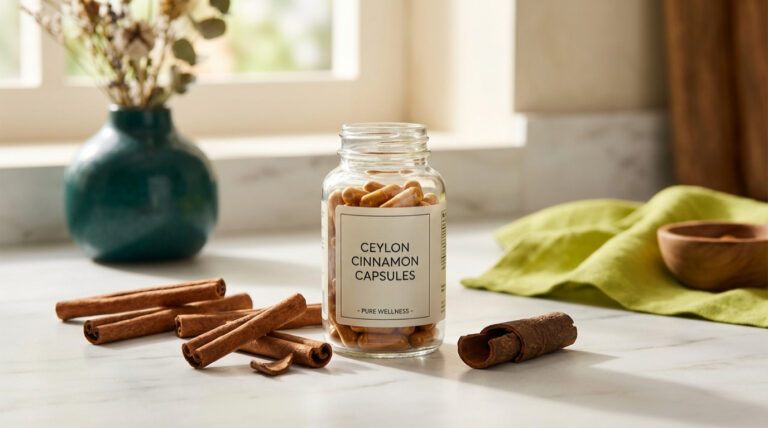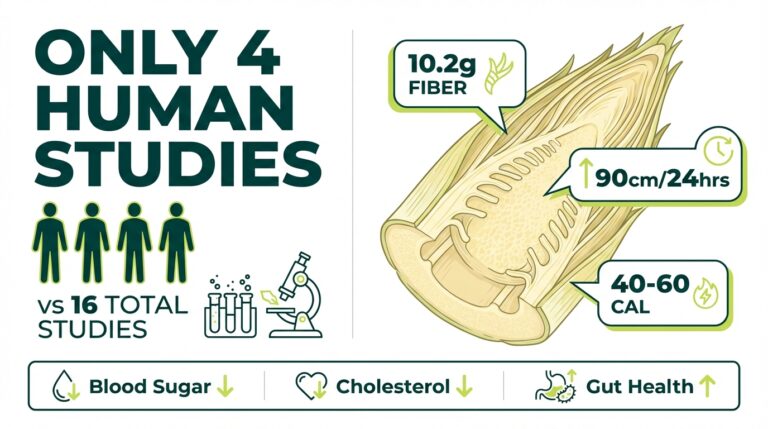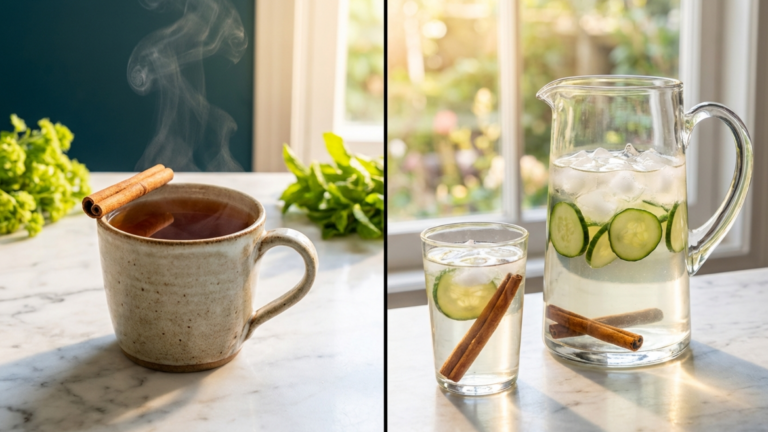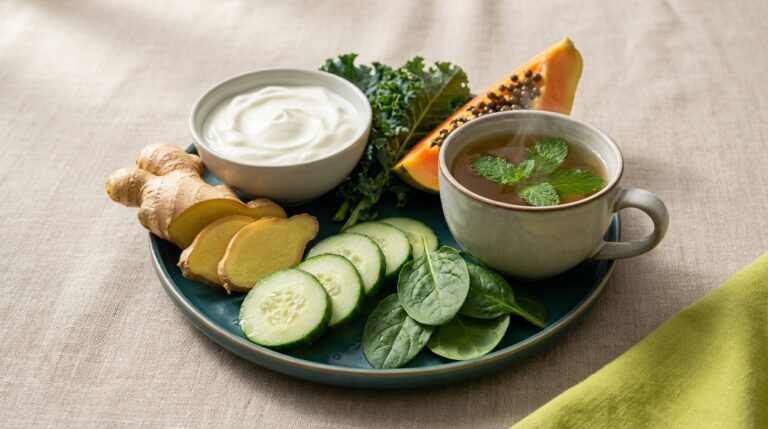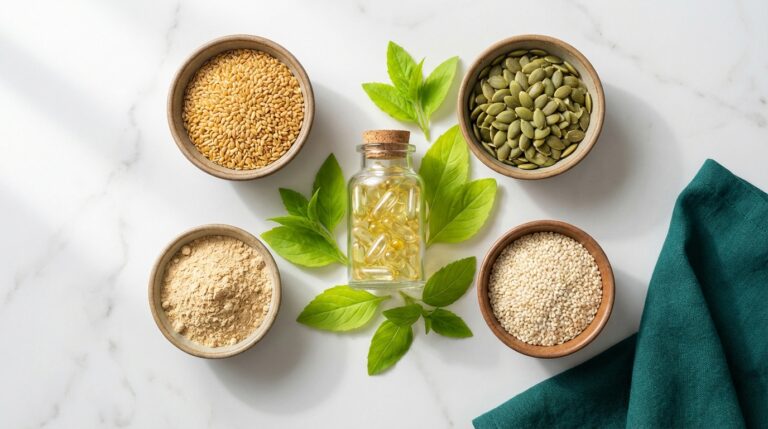Don’t Toss Those Pumpkin Seeds! 10 Surprising Health Benefits You’re Missing Out On
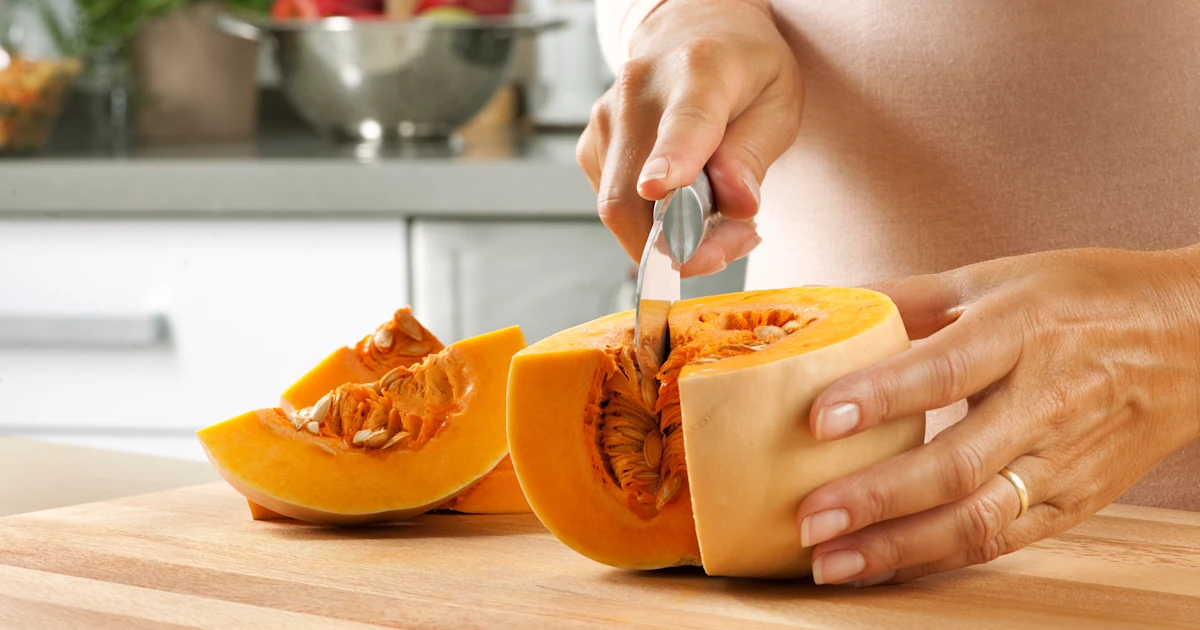
Picture this: You’re carving pumpkins with your kids, scooping out handfuls of slimy seeds and tossing them straight into the trash. Sound familiar? Here’s the thing—you’re literally throwing away one of nature’s most powerful nutritional treasures. And honestly, once you understand what these little green gems can do for your health, you’ll never waste them again.
As a registered dietitian who’s spent years studying nutrition science, I’ve seen countless “superfoods” come and go. But pumpkin seeds? They’re the real deal. No hype needed. These unassuming seeds pack such an impressive nutritional punch that I keep a jar of them on my kitchen counter year-round.
Why Pumpkin Seeds Deserve Your Attention
Let me be honest with you—when I first started my career as a hospital dietitian 15 years ago, pumpkin seeds weren’t on my radar. They seemed like just another snack. But after diving into the research and seeing the results in my patients, I became a true believer. These seeds are what I call “quiet overachievers” in the nutrition world.
What makes them so special? Well, in just one ounce (about a quarter cup) of pumpkin seeds, you’re getting a remarkable combination of protein, healthy fats, fiber, magnesium, zinc, iron, and powerful antioxidants. It’s like a multivitamin you can actually enjoy eating.
The Science-Backed Benefits That’ll Make You Rethink Your Snack Choices
1. Your Heart Will Thank You (And Here’s Why)
Heart disease remains the leading cause of death worldwide, which is why I’m always looking for simple, evidence-based ways my clients can protect their cardiovascular health. Pumpkin seeds offer multiple pathways to a healthier heart, and the research is pretty compelling.
A fascinating 2011 study published in Climacteric caught my attention early in my career. Postmenopausal women who consumed just 2 grams of pumpkin seed oil daily for 12 weeks saw their HDL cholesterol (the “good” kind) increase by 16% and their diastolic blood pressure drop by 7%. Now, you might be thinking those numbers don’t sound dramatic, but in cardiovascular health, small consistent improvements make a huge difference over time.
But here’s where it gets even more interesting. Pumpkin seeds are rich in antioxidants that help prevent the oxidation of LDL cholesterol—a key step in arterial plaque formation. They also boost nitric oxide production in your body, which helps your blood vessels relax and expand. Think of it as giving your cardiovascular system a gentle massage from the inside out.
The magnesium content deserves special mention too. This mineral acts as a natural calcium channel blocker (similar to some blood pressure medications), helping your blood vessels stay relaxed and your blood pressure in check. Frankly, I wish more people understood how powerful dietary approaches like this can be.
2. Sleep Better Tonight (Naturally)
If you’ve ever tossed and turned at 2 AM, staring at the ceiling and wondering why your brain won’t shut off, listen up. Pumpkin seeds might be the natural sleep aid you’ve been searching for, and unlike supplements, they come with zero weird side effects.
Here’s what’s happening: These seeds are loaded with tryptophan, the same amino acid in turkey that everyone blames for post-Thanksgiving drowsiness. But here’s what most people don’t know—tryptophan is a precursor to serotonin, which then converts to melatonin, your body’s natural sleep hormone. It’s like a domino effect of better sleep.
A 2014 study published in Sports Medicine found that consuming just 1 gram of tryptophan daily significantly improved sleep quality. Combine that with the high magnesium content (which helps regulate neurotransmitters involved in sleep), and you’ve got a powerful one-two punch against insomnia.
In my practice, I often recommend my clients eat a small handful of pumpkin seeds about an hour before bed, maybe mixed with some tart cherry juice (another natural melatonin source). The feedback has been incredible. No grogginess the next morning, just better, more restorative sleep.
3. Blood Sugar Balance Without the Medication Side Effects
Managing blood sugar is something I talk about with clients daily. Whether you have diabetes, prediabetes, or just want to avoid the afternoon energy crash, blood sugar stability matters. And pumpkin seeds offer a surprisingly effective solution.
A 2018 study in Nutrition Research demonstrated that people who consumed 65 grams of pumpkin seeds experienced significantly lower blood sugar levels after eating a high-carbohydrate meal. What I find particularly exciting about this research is that it shows pumpkin seeds don’t just prevent blood sugar spikes—they help your body process carbohydrates more efficiently.
The mechanism is multifaceted. First, the high fiber content slows down digestion and glucose absorption. Second, the magnesium improves insulin sensitivity. Third, the protein helps moderate the glycemic response. It’s like having three different blood sugar management strategies working together in one small seed.
I always tell my diabetic clients: pumpkin seeds are one of the smartest snacks you can choose. They satisfy your hunger, stabilize your blood sugar, and unlike many “diabetic-friendly” processed snacks, they’re actually whole food nutrition.
4. Prostate Health (Guys, This One’s For You)
Let’s talk about something many men are uncomfortable discussing but absolutely should—prostate health. By age 50, about half of all men will experience symptoms of an enlarged prostate, technically called benign prostatic hyperplasia (BPH). The symptoms aren’t pleasant: frequent nighttime urination, weak urine flow, and that frustrating feeling of never quite emptying your bladder completely.
Here’s where pumpkin seeds shine. A 2014 study published in Nutrition Research and Practice found that pumpkin seed consumption significantly relieved BPH symptoms. The researchers believe this is due to the seeds’ high zinc content (crucial for prostate health) combined with phytosterols that help reduce prostate inflammation.
What I appreciate about this natural approach is that unlike some prostate medications that can cause unwanted side effects, pumpkin seeds offer relief without the downsides. I’ve had male clients in their 50s and 60s report noticeable improvements in their urinary symptoms after adding just a quarter cup of pumpkin seeds to their daily routine for several weeks.
5. Bone Density That Lasts
Bone health is something we should all be thinking about long before we actually need to worry about it. Unfortunately, most people don’t give their skeleton much thought until they’re facing osteoporosis or a fracture. By then, reversing bone loss becomes much more challenging.
Pumpkin seeds are one of the best dietary sources of magnesium—a mineral that’s absolutely critical for bone health but often overlooked. While everyone focuses on calcium (which is important, don’t get me wrong), magnesium is what helps your body actually absorb and use that calcium effectively. Without adequate magnesium, calcium can’t do its job.
Research consistently shows that higher magnesium intake is associated with greater bone mineral density, particularly as we age. Just one ounce of pumpkin seeds provides about 37% of your daily magnesium needs. That’s more than you’d get from most supplements, and it comes packaged with other bone-supporting nutrients like phosphorus and zinc.
I’m particularly passionate about this because I’ve seen too many older adults, especially women, struggle with bone fractures that dramatically impact their quality of life. Simple dietary additions like pumpkin seeds can make a real difference in maintaining bone strength throughout your lifetime.
6. Immunity That Actually Works
Everyone wants a stronger immune system, especially during cold and flu season. But here’s what most people miss: your immune system doesn’t need to be “boosted” so much as it needs to be properly supported with the right nutrients to function optimally.
Pumpkin seeds are rich in zinc and vitamin E, two nutrients that are absolutely essential for immune function. Zinc helps your immune cells develop and communicate properly, while vitamin E acts as a powerful antioxidant, protecting your immune cells from damage caused by free radicals.
According to a 2024 study published in Grain & Oil Science and Technology, the tocopherols (vitamin E compounds) in pumpkin seeds act as natural scavengers of free radicals, helping prevent oxidative stress that can weaken immune response and contribute to cardiovascular diseases.
But here’s what really matters: consistent intake of these nutrients through whole foods like pumpkin seeds tends to be more effective than sporadic supplementation. Your immune system needs steady nutritional support, not just a megadose when you’re already sick.
7. Mental Health Support From the Inside Out
This is where the research gets really interesting, and honestly, it’s an area I wish more people knew about. Depression affects millions of people worldwide, and while therapy and medication are important treatment options, nutrition plays a more significant role in mental health than most people realize.
A 2024 study published in the Egyptian Journal of Chemistry found that pumpkin seed oil demonstrated antidepressant effects by reducing oxidative stress and neuroinflammation in the hippocampus—the brain region heavily involved in mood regulation. Now, this study was done in rats, so we need more human research, but the mechanisms are biologically plausible and backed by other nutritional psychiatry research.
The tryptophan in pumpkin seeds (remember, the same compound that helps with sleep) is also a precursor to serotonin, often called the “feel-good” neurotransmitter. Low serotonin levels are associated with depression and anxiety. Additionally, the magnesium content helps regulate the stress response system in your body.
I want to be clear: pumpkin seeds are not a replacement for professional mental health care. But as part of a comprehensive approach to mental wellness, including proper nutrition, they can play a supportive role. I’ve seen this in my own practice—clients who improve their overall diet, including adding nutrient-dense foods like pumpkin seeds, often report improvements in mood and energy levels.
8. Digestive Health That Makes Everything Better
Let’s talk about something that affects every single aspect of your health but rarely gets the attention it deserves: your digestive system. When your gut is happy, everything else tends to fall into place—your energy, your immunity, your mood, even your skin.
Pumpkin seeds are an excellent source of dietary fiber, with about 1.7 grams per ounce. Now, that might not sound like much, but remember—most Americans are getting nowhere near the recommended 25-35 grams of fiber daily. Every bit helps.
But here’s what really fascinates me: a 2023 study published in Food Production, Processing and Nutrition found that peptides released during the digestion of pumpkin seeds may have protective effects against certain pathogens, including potential benefits against respiratory infections. Your digestive health is intimately connected to your immune health—about 70% of your immune system lives in your gut.
The fiber in pumpkin seeds feeds the beneficial bacteria in your gut microbiome, helping maintain that crucial balance between good and bad bacteria. This isn’t just about avoiding constipation (though that’s certainly a benefit). A healthy gut microbiome influences inflammation levels throughout your body, affects your mental health, and even impacts your weight management efforts.
9. Skin and Hair That Glow From Within
You know what I tell my clients all the time? The most expensive skincare routine in the world won’t give you healthy, glowing skin if you’re not nourishing your body from the inside out. And pumpkin seeds? They’re like a beauty treatment you can eat.
The zinc content in pumpkin seeds is particularly important here. Zinc plays a crucial role in skin health—it helps regulate oil production, supports wound healing, and has anti-inflammatory properties that can help with acne. One ounce of pumpkin seeds provides about 14% of your daily zinc needs.
But here’s what really caught my attention: a 2014 study published in Evidence-Based Complementary and Alternative Medicine found that pumpkin seed oil promoted hair growth in men with androgenic alopecia (male pattern baldness) over 24 weeks. While the study used supplemental oil rather than whole seeds, it suggests that the compounds in pumpkin seeds can have real effects on hair health.
The vitamin E and other antioxidants in these seeds also protect your skin cells from oxidative damage caused by UV radiation and environmental pollutants. Think of them as internal sunscreen—not a replacement for the topical kind, but an additional layer of protection.
10. Nutrient Density That’s Hard to Beat
Let’s bring this full circle. According to research published in Plants (2022), pumpkin seeds contain impressive amounts of bioactive compounds including zinc, phosphorus, magnesium, potassium, and selenium. This combination makes them particularly effective against inflammatory conditions and various diseases.
What I love about nutrient-dense foods like pumpkin seeds is their efficiency. You’re getting multiple health benefits from one simple food. No need for a dozen different supplements or complicated meal planning. Just add a quarter cup to your daily routine, and you’re supporting your heart, bones, brain, immune system, and more.
This is the kind of practical, evidence-based nutrition advice I wish more people had access to. Not trendy superfoods that cost a fortune, but accessible, affordable whole foods that deliver real results.
How to Actually Enjoy Pumpkin Seeds (Beyond Just Snacking)
Okay, so you’re convinced pumpkin seeds are nutritional powerhouses. But maybe you’re thinking, “How do I actually incorporate them into my life without just eating handfuls of seeds like a bird?”
Fair question. Here are my favorite ways to use pumpkin seeds, gathered from years of recipe testing and feedback from clients:
Roasted and Seasoned: This is the classic approach for a reason. Toss seeds with a bit of olive oil and your favorite seasonings (I love smoked paprika and garlic powder), then roast at 300°F for 20-30 minutes. They become crunchy and addictive.
Smoothie Booster: Add a tablespoon to your morning smoothie. You won’t even taste them, but you’ll get all those nutrients. I do this almost every day.
Salad Topper: Instead of croutons, sprinkle pumpkin seeds on your salads. They add a satisfying crunch and turn a simple salad into something more substantial.
Pesto Alternative: Blend pumpkin seeds with basil, garlic, olive oil, and parmesan for a unique twist on traditional pesto. It’s delicious on pasta, sandwiches, or as a dip.
Oatmeal Mix-In: Stir them into your morning oatmeal along with cinnamon and a drizzle of honey. This combination gives you sustained energy all morning.
Homemade Trail Mix: Combine pumpkin seeds with nuts, dried fruit, and a bit of dark chocolate for a portable snack that beats anything you’d buy at the store.
Crusted Proteins: Grind pumpkin seeds and use them as a coating for chicken or fish. It creates a unique texture and adds nutrition to your main dish.
Saving and Preparing Fresh Pumpkin Seeds
Since Halloween and fall pumpkin season is when most people encounter these seeds, let me walk you through the process of saving and preparing them from fresh pumpkins. It’s easier than you think.
First, scoop out the seeds and pulp from your pumpkin. Don’t worry about getting every bit of stringy pulp off—we’ll handle that next. Place everything in a colander and rinse under cold water, using your hands to separate the seeds from the pulp. The pulp will wash away, leaving you with clean seeds.
Pat the seeds dry with a clean kitchen towel and spread them on a baking sheet in a single layer. Let them air dry for several hours or overnight. This step is important—moisture is the enemy of crispy roasted seeds.
For basic roasted seeds, toss them with just enough olive oil to coat (about one tablespoon per cup of seeds), add salt to taste, and spread on a baking sheet. Roast at 300°F for 20-30 minutes, stirring every 10 minutes, until golden and crispy. Some seeds might pop like popcorn—that’s normal!
Once cooled, store them in an airtight container at room temperature for up to a week, or in the refrigerator for up to a month.
A Word of Caution (Because Balance Matters)
Before you rush off to eat pumpkin seeds by the pound, let me offer some professional perspective. While these seeds are incredibly nutritious, they’re also calorie-dense. One ounce contains about 150 calories, mostly from healthy fats, but calories nonetheless.
For most people, a quarter to half cup daily is plenty to reap the health benefits without overdoing it. If you’re watching your calorie intake for weight management, factor them into your daily totals.
Also, if you have a history of kidney stones, talk to your healthcare provider before adding large amounts of pumpkin seeds to your diet. They contain oxalates, which can contribute to kidney stone formation in susceptible individuals.
And please, always check with your doctor before using pumpkin seeds as a therapeutic tool, especially if you’re on medications for blood pressure, blood sugar, or prostate health. While food-drug interactions with pumpkin seeds are rare, it’s better to be safe and informed.
The Bottom Line: Small Seeds, Big Impact
After 15 years in this field, I’ve learned that sustainable health improvements rarely come from dramatic overhauls or expensive supplements. They come from small, consistent habits—like adding a handful of pumpkin seeds to your daily routine.
These little seeds won’t cure disease or replace medical treatment. But as part of a balanced, whole-foods diet, they offer remarkable benefits for your heart, sleep, blood sugar, bones, brain, and more. All backed by solid science, not just marketing hype.
So this Halloween, as you’re carving those jack-o’-lanterns, don’t throw those seeds away. Rinse them, roast them, and start experiencing the benefits for yourself. Your body will thank you, and you’ll wonder why you ever tossed them in the first place.
And hey, if you’re already a pumpkin seed convert, I’d love to hear how you use them. Drop a comment below and share your favorite ways to enjoy these nutritional powerhouses. We’re all in this healthy eating journey together.
Medical Disclaimer: This article is for educational and informational purposes only and is not intended as medical advice. Always consult with a qualified healthcare professional before starting any new dietary supplement or making significant changes to your diet, especially if you have existing health conditions or take medications. Individual results may vary.
according to USDA nutritional data

